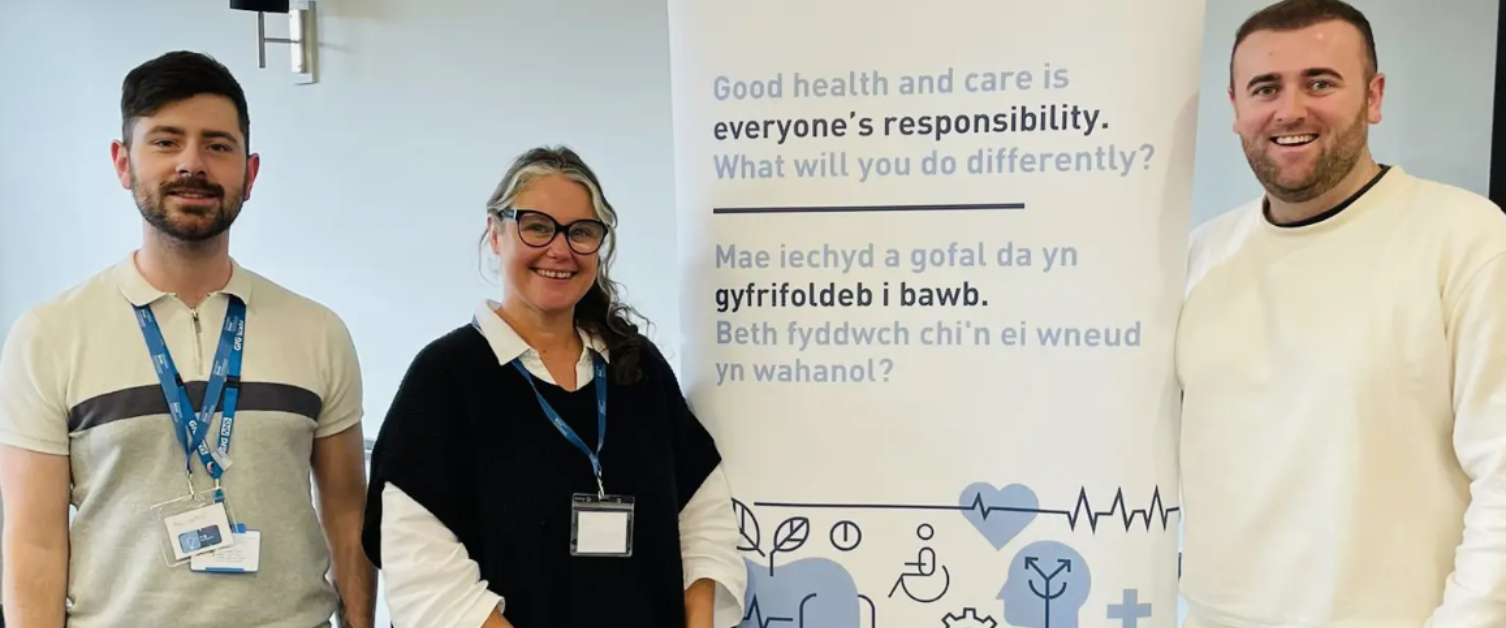Raising awareness of eating disorders to promote early help-seeking

It is estimated that at least 1.25 million people in the UK are living with an eating disorder, which equates to more than 1 in 50 people. However, the real number could be even higher.
In a survey by BEAT - the UK’s leading charity supporting people with eating disorders – 4 in 5 people believed that greater public awareness would make them feel more comfortable talking about their eating disorder. Respondents supported the idea that greater awareness would help challenge misconceptions that can stop people seeking help.
Eating disorders like ARFID (Avoidant Restrictive Food Intake Disorder), anorexia, bulimia, binge eating disorder and OSFED (Other Specified Feeding or Eating Disorder) are complex mental health conditions which are often misunderstood, mislabelled or undiagnosed which can prevent people from reaching out for help. It is important to remember that eating disorders do not just affect the person with the condition, often having an impact on concerned friends and family members too.
The Eating Disorders Awareness Week theme for 2025 is ‘eating disorders can affect anyone’, with an aim of raising awareness of eating disorders and how they can affect anyone at any time in their lives.
As part of Strategic Programme for Mental Health in the NHS Wales Executive, the Eating Disorder Network is committed to driving improvements in the quality and safety of care for people with eating disorders in Wales. Through collaboration with a diverse range of stakeholders including NHS Wales, the Third Sector and people with lived-experience, the priority of the Network is to ensure people with suspected eating disorders in Wales can access timely help.
In partnership with stakeholders, the Eating Disorders Network is developing a national high-value pathway and service model for early intervention. The pathway will support improvements that mean any person with an eating disorder, no matter who they are or where they live, can access help quickly.
The Eating Disorders Network is also leading the development of a national pathway for ARFID (Avoidant Restrictive food Intake Disorder), and designing a competency framework for eating disorder service and wider NHS workforce. The framework will support workforce sustainability in Wales, ensuring colleagues continue to have right knowledge and skills to deliver high-quality, safe and effective care.
Dr Chris O’Connor, Clinical Lead, Strategic Programme for Mental Health, said: “We’re really committed to driving improvements in eating disorder care in Wales through increasing awareness and understanding, breaking down barriers to treatment, and promoting timely access to high-quality care. The team has recently been accepted onto the Bevan Exemplar Programme with a brilliant project that aims to enhance awareness and promote early help-seeking, echoing the importance of this year’s Eating Disorders Awareness Week theme.”
Following a successful application to the Bevan Commission’s Bevan Exemplar Programme, the Eating Disorder Network team is currently progressing a project promoting early help-seeking for eating disorders. Research suggests that only around 20 percent of people with an eating disorder seek support, and that the earlier a person with an eating disorder receives treatment, the more likely they will make a full recovery.
The project titled ‘Seek Help Now’, with support and training from the Bevan Commission, will allow the team to test ideas which encourage early help-seeking in line with the NHS Wales Executive mandate focus on early intervention in eating disorders. The team aims to develop and test approaches through an awareness campaign that addresses common barriers to seeking treatment, such as stigma, lack of awareness, denial of severity, and access to services.
Support
The BEAT Eating Disorders helpline provides support for people with eating disorders and their families while waiting to be seen by clinicians.
Further support is available from C.A.L.L. Mental Health Helpline - Community Advice and Listening Line.